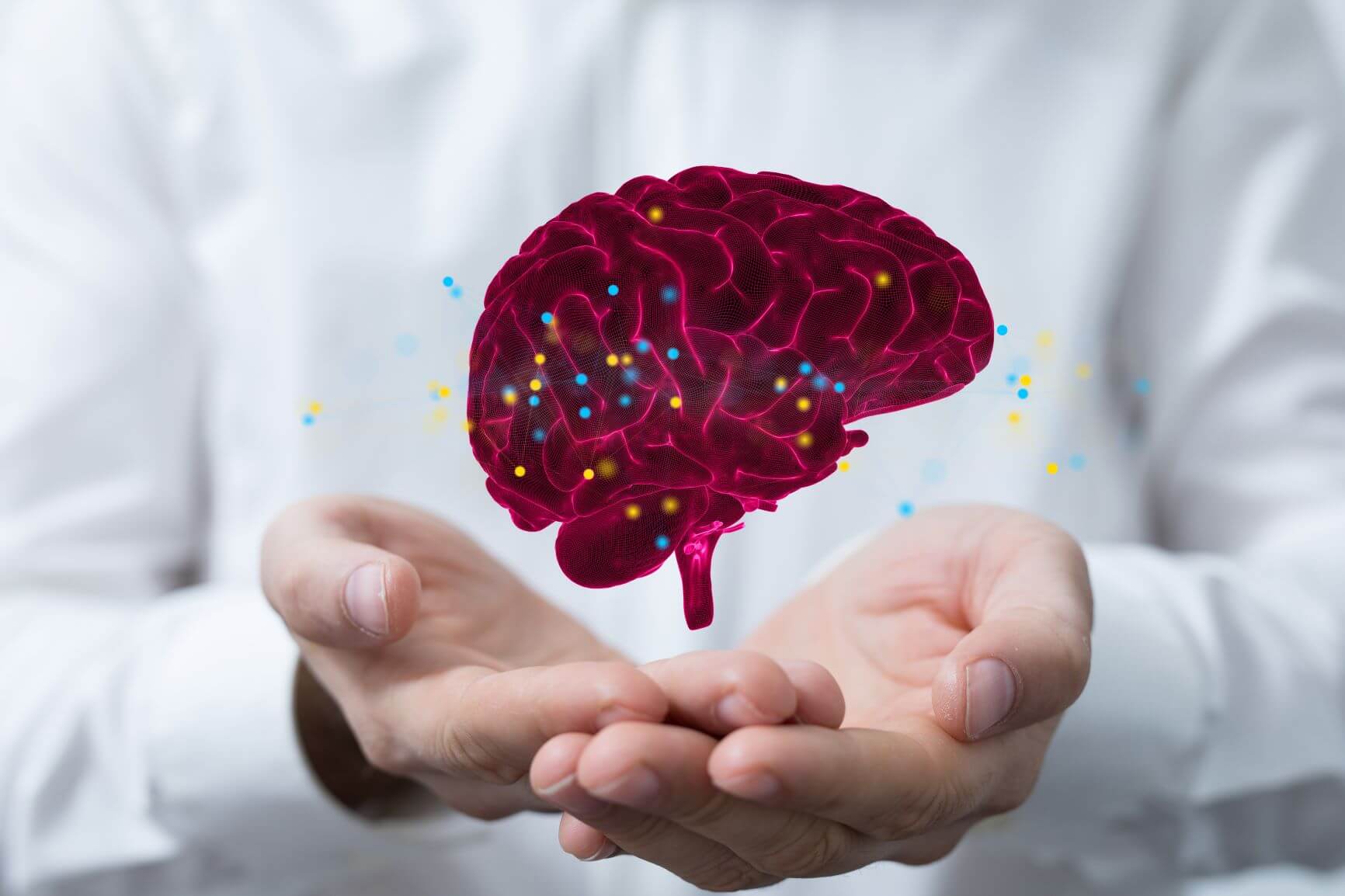Maintaining a strong and stable memory is essential as we age, especially when we reach the third age. Our lifestyle directly affects the quality of our memory, therefore adopting one or another lifestyle plays a decisive role in the increase (or decrease) of our cognitive health and memory.
At Effectivate, we emphasize the importance of nutrition, physical activity and mental health in maintaining our brain health. In this article, we’ll offer some science-backed tips and strategies to improve your memory, and help you enrich your lifestyle both mentally and spiritually.
Cognitive Decline – How to Address Memory Problems in Seniors >>
How does nutrition improve memory?
The cornerstone of cognitive health lies in what we eat. Foods rich in omega-3 fatty acids, vitamins and antioxidants play a crucial role in improving memory.
For example, fatty fish such as salmon and mackerel are excellent sources of omega-3s, which are essential for brain health. Blueberries, with their high antioxidant content, can delay brain aging and improve memory.
Turmeric, known for its curcumin content, not only increases the neurotrophic factor in the brain, but also helps delay age-related cognitive decline.
Nuts, especially walnuts, are another brain-boosting food, thanks to their high levels of DHA, a type of omega-3 fatty acid. In addition, drinking plenty of water is critical because water is a significant part of the brain, affecting concentration and cognitive function.
Food supplements to improve memory
Food supplements can be an important addition to improve memory.
Vitamin E and B are vitamins that play an important role in supporting memory and overall cognitive health, and here’s a simple explanation of how they work:
- Vitamin E: This is an antioxidant, which means it helps protect our brain cells from damage. Think of it as a shield that keeps out harmful substances, known as free radicals, that can damage cells. By protecting brain cells, vitamin E helps keep memory sharp.
- Vitamin B (including B6, B9 and B12): These vitamins are key players in brain health for several reasons. They help reduce a substance in our blood called homocysteine, which in high levels can damage the brain. They also aid in energy production and DNA repair, both of which are crucial to keeping brain cells healthy and functioning. These vitamins are like the maintenance team that allows everything to run smoothly in our brains, helping to remember things better and think more clearly.
In addition to these, omega-3 supplements are also crucial for memory and good cognitive health, and what is their role?
- Omega 3 Supplements: Omega 3 has several roles. They keep the brain cell walls flexible for better communication, reduce brain inflammation to prevent memory problems and even help create new brain cells and connections. This trio of omega-3 benefits is critical to maintaining a sharp memory and healthy overall brain function.
Effect of physical activity and cognitive health
Regular physical activity is not only good for the body but also for the mind. Exercises, especially cardiovascular exercises that increase the heart rate, promote blood flow to the brain, thus improving memory and general brain function.
For adults, activities such as brisk walking, swimming or yoga can be especially beneficial, as they offer the dual benefits of physical fitness and cognitive health.
What can worsen the level of our memory? What should you avoid?
Just as certain habits and nutritional supplements can improve memory, there are also lifestyle choices that can have a negative effect. To protect your memory, it is important to remember these factors:
- Poor diet: A diet rich in processed food, sugars and unhealthy fats can damage cognitive function and memory. These foods can lead to inflammation and oxidative stress, which damage brain cells.
- Lack of physical activity: Regular physical activity is critical for brain health. A sedentary lifestyle can reduce blood flow to the brain, affecting its ability to function optimally and may lead to a decrease in cognitive ability.
- Excessive alcohol consumption: While reasonable use of alcohol may have certain health benefits, excessive drinking can adversely affect the brain, leading to memory problems and cognitive impairment.
- Chronic stress and poor sleep: High levels of stress and insufficient sleep can negatively affect memory. Stress leads to the release of hormones that can damage brain cells, while poor sleep can interfere with the brain’s ability to form memories.
- Smoking: This habit has been linked to an increased risk of cognitive decline. The harmful substances in cigarette smoke can damage brain cells and affect the function of neurotransmitters, which are chemicals that brain cells use to communicate.
How can our lifestyle choices strengthen memory?
Memory loss is not a problem that stands on its own, it is deeply related to our emotional and mental state.
Our need to remain mentally active, through exercises aimed at improving memory, actually touches many parts of our lives – from how we communicate socially to our emotional balance and even our physical health.
Let’s talk about mental activity first. This is a big deal in keeping our minds sharp. Research tells us that active people who make sure to keep themselves busy with things like puzzles, learning new skills, or just being socially active stay healthier over time.
It’s not just about solving crossword puzzles, but about building new pathways in our minds. Think of it this way: When an adult learns a new language or how to play a musical instrument, he’s not just memorizing things – he’s actually giving his brain a workout, which helps keep memories fresh and accessible.
Let’s not forget the emotional side of things. People who engage in memory-enhancing activities often feel better about themselves.
They are more confident and emotionally stable – this stability helps protect against depression and anxiety. These activities also create opportunities for people to connect and feel like they belong, which is a big deal for emotional health.
The connection between brain exercises with lifestyle changes, such as eating right and staying active, are exactly the right connections for our brain health.
All of these also contribute to our body and reduce the risk of problems such as heart disease and diabetes.
Improving memory and cognitive health later in life is not just a single action; It is about merging mental activities, social relationships, emotional health and physical health.
This approach not only sharpens the memory but also adds to the overall quality of life, and paves the way to a more active, fulfilling and independent lifestyle as we age.
Join the Effectivate community to strengthen your memory
We at Effectivate believe in empowering people, and encourage them to take steps to improve their cognitive abilities. Our platform is not just a resource; This is a community where learning, improvement and support go hand in hand.
We invite you to explore a world of possibilities with us, whether you are looking to sharpen your memory, maintaining cognitive skills, practice brain training, or progress to a healthy lifestyle – we will be happy to stand by your side.










